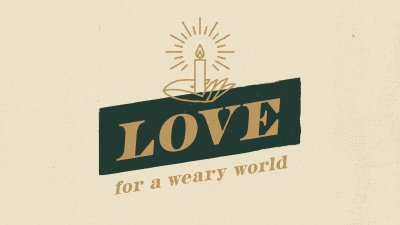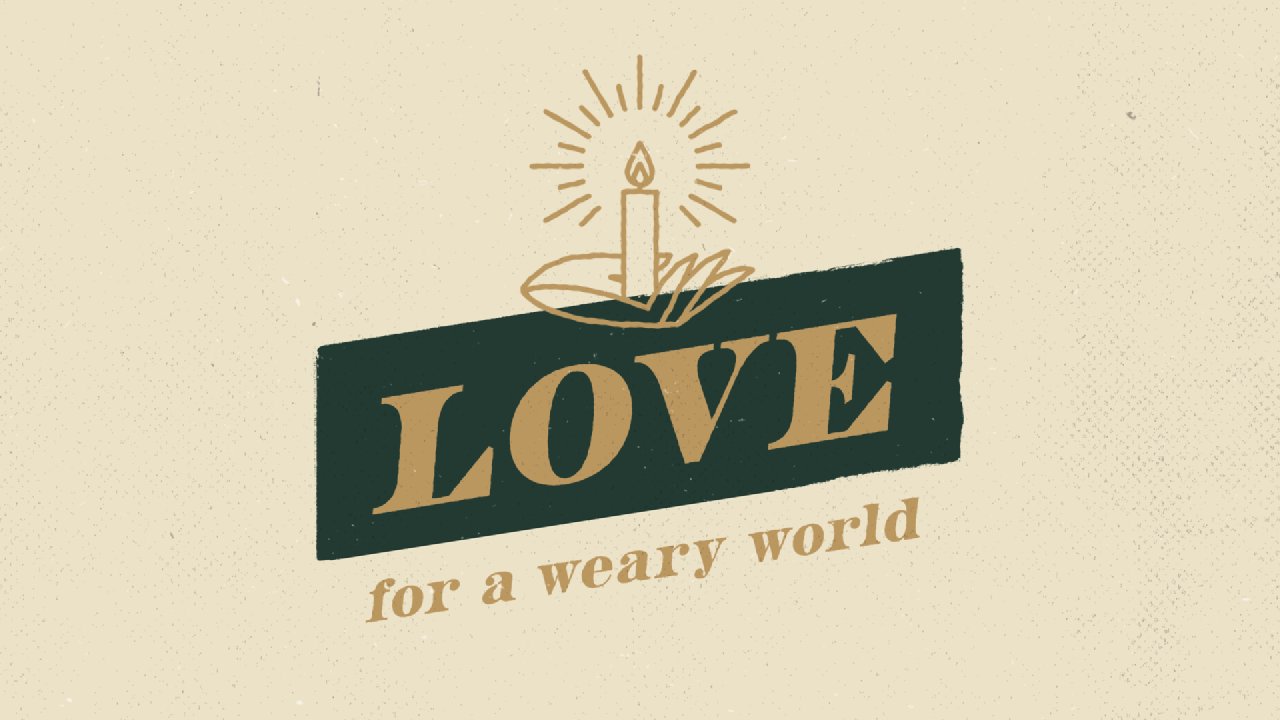Agape love is not primarily a feeling that happens to people. Love is an action. It is a choice people make to seek the well-being of others. The apostle Paul, in one of his letters, says love is more important then having spiritual knowledge or special abilities and that nothing really matters without it. He goes on to describe exactly how love thinks and behaves.
READ
1 If I speak in the tongues of men and of angels, but have not love, I am a noisy gong or a clanging cymbal. 2 And if I have prophetic powers, and understand all mysteries and all knowledge, and if I have all faith, so as to remove mountains, but have not love, I am nothing. 3 If I give away all I have, and if I deliver up my body to be burned, but have not love, I gain nothing.
4 Love is patient and kind; love does not envy or boast; it is not arrogant 5 or rude. It does not insist on its own way; it is not irritable or resentful; 6 it does not rejoice at wrongdoing, but rejoices with the truth. 7 Love bears all things, believes all things, hopes all things, endures all things.
1 Corinthians 13:1-7
REFLECT
-Write out 1 Corinthians 13:4-7 on a piece of paper. As you write the passage in your own handwriting, what words or phrases especially stand out to you
-Which aspects of love do you need to grow in most? Tell God and ask for his help.
-Using Paul’s definition of love, consider how Jesus has loved you. For example, how has Jesus been patient, kind, humble, and selfless to you?
-Who needs a reminder that God loves them today? How does Jesus want to share his love through you this week? Take some time to pray about it. Jot down ideas that come to mind while you pray and make a plan to actively share his love this week.

Day 26
Day 22 - LOVE video intro
The word “love” is one of the sloppiest words in our language, as it primarily refers to a feeling that happens to a person. In the New Testament, “love” refers to a way of treating people that was defined by Jesus himself: seeking the well-being of others regardless of their response. READ 11 Beloved, if God so loved us, we also ought to love one another. 1 John 4:11


Day 23
When Jesus is asked about the most important command in the Old Testament, the Hebrew Bible, he answers by quoting from the ancient prayer known as the Shema, “love the Lord your God with all of your heart.” But that’s not all. Jesus quickly follows up by saying that another command from the Hebrew Bible is also the most important, “love your neighbor as yourself.” So which is most important? For Jesus, both are vital because the first command cannot be obeyed without heeding the second. They are inseparable. A person’s love for God is expressed by their love for others. READ 29 Jesus answered, “The most important is, ‘Hear, O Israel: The Lord our God, the Lord is one. 30 And you shall love the Lord your God with all your heart and with all your soul and with all your mind and with all your strength.’ 31 The second is this: ‘You shall love your neighbor as yourself.’ There is no other commandment greater than these.” Mark 12:29-31 5 You shall love the LORD your God with all your heart and with all your soul and with all your might. Deuteronomy 6:5 18 You shall not take vengeance or bear a grudge against the sons of your own people, but you shall love your neighbor as yourself: I am the LORD. Leviticus 19:18 REFLECT -Pay attention to what Jesus says after quoting from the Hebrew Bible. What questions, thoughts, or feelings come up for you as you reflect on his words? -Review the passages from Deuteronomy and Leviticus. What do you observe? How does this impact you today? -Turn your reflections into a prayer to God from your heart.


Day 24
The Hebrew Bible records the history of God’s people repeatedly neglecting the greatest commandment to love God and others. How can we hope to do any better? Jesus helps us when he adds a new commandment to accompany the greatest commandment. His new command shows how his own sacrificial love can empower his followers to love others. READ 34 A new commandment I give to you, that you love one another: just as I have loved you, you also are to love one another. John 13:34 29 Jesus answered, “The most important is, ‘Hear, O Israel: The Lord our God, the Lord is one. 30 And you shall love the Lord your God with all your heart and with all your soul and with all your mind and with all your strength.’ 31 The second is this: ‘You shall love your neighbor as yourself.’ There is no other commandment greater than these.” Mark 12:29-31 9 In this the love of God was made manifest among us, that God sent his only Son into the world, so that we might live through him. 10 In this is love, not that we have loved God but that he loved us and sent his Son to be the propitiation for our sins. 11 Beloved, if God so loved us, we also ought to love one another. 1 John 4:9-11 REFLECT -Compare John 13:34 with Mark 12:29-31. What is the difference between these two commands? How does Jesus’ own example renew/fulfill the greatest command? -Review 1 John 4:9-11. What words or phrases stand out to you? According to this passage, why did Jesus give his life, and what should motivate our love for others? -Take a moment to pray in response to what you learned today.


